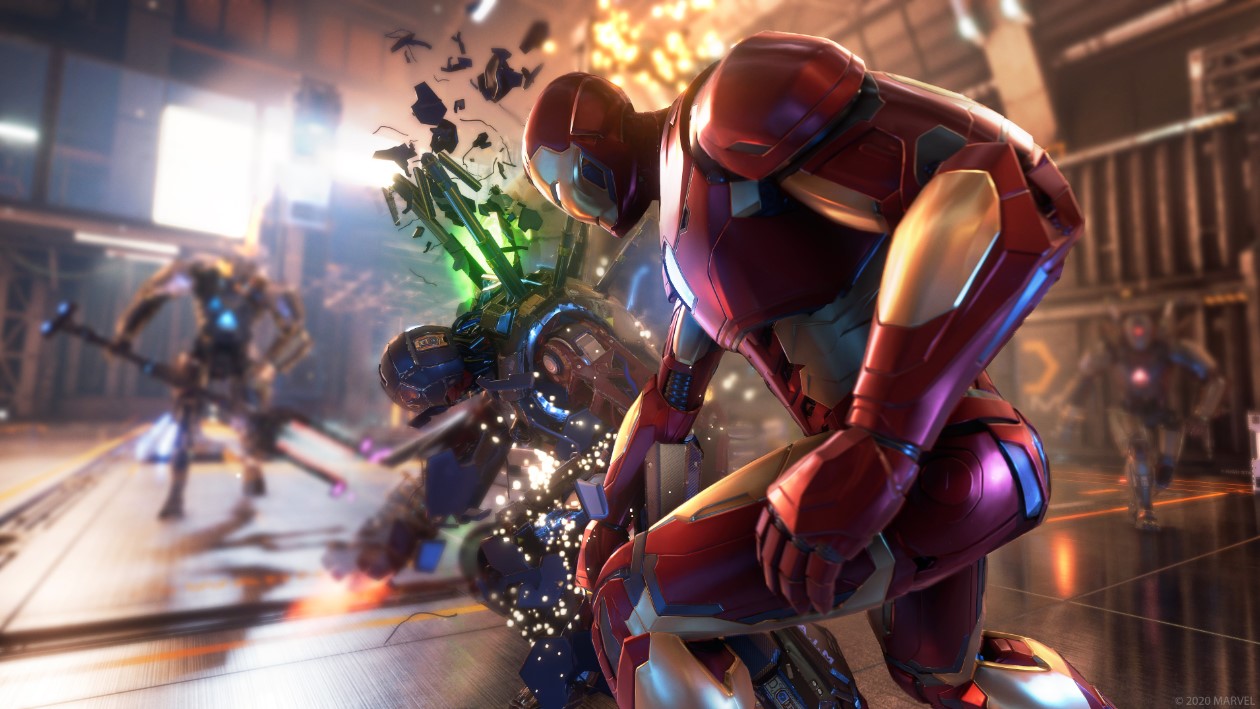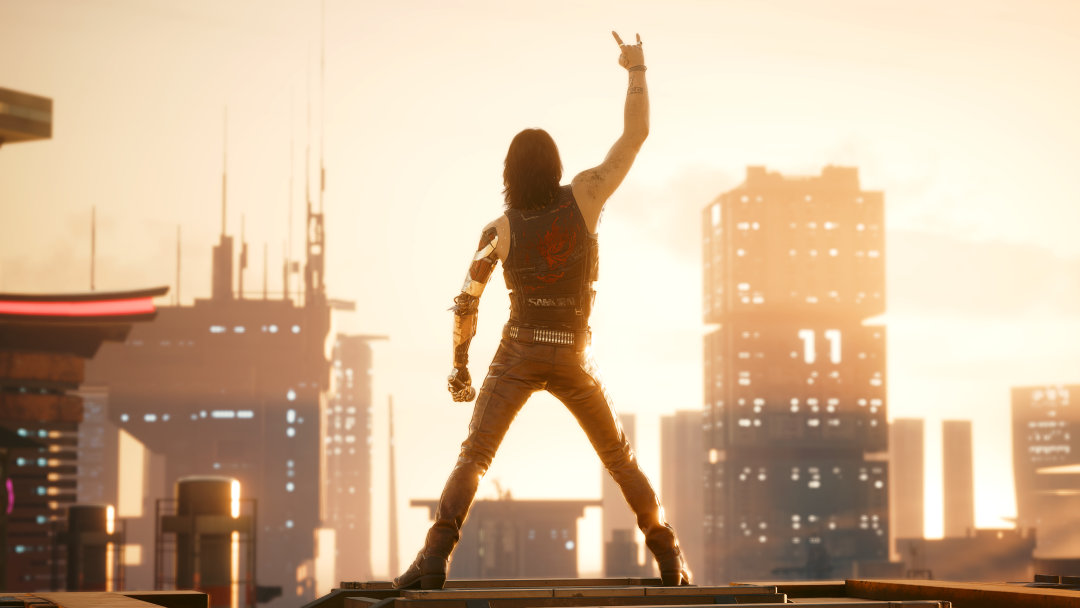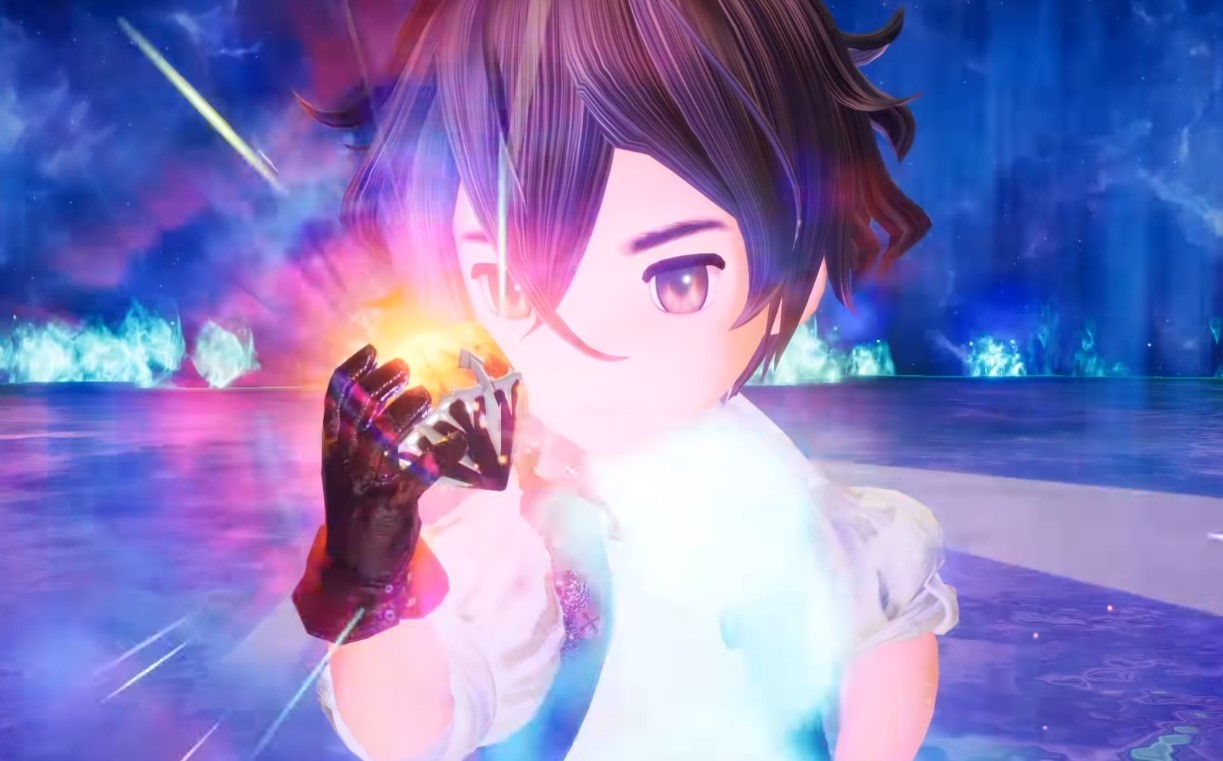Opinion — Is it too much to ask for completed games these days?
Mid-2000s was my first foray into seeing fewer completed games from the AAA variety, most notably Fable 2 and to a lesser extent, Final Fantasy XII. Final Fantasy XII because it’s more of a personal reaction to the ending – it felt like we were missing the third act to the game.
Fable 2 was egregious to that fact because while I enjoyed the Act One of the game so much, I was looking forward to how the game would progress and conclude. I was hoping for an epic confrontation between the hero and his slaver nemesis. Unfortunately, we get a rushed second act and somewhat of a battle, and then the game ended. What just happened there? While Fable 3 was an improvement, I will never get that terrible aftertaste from my mouth.
So when I hear comments from John Garvin “blaming” gamers for not supporting developers by not ponying up for a full priced game, if he hasn’t noticed thirteen years since my terrible reaction with Fable 2–buying a game at full price these days increases the chances of ending up with another Fable 2. Sadly, we got even worse instances from other AAA games too many to list on this paragraph. So here’s a question to bitter developers and blame-dodging publishers– Is it too much to ask for completed games these days?
The half-accepted practice of releasing incomplete games and patching it later
At the risk of sounding like a crusty old man (I am getting there), back in my day, you buy a game, you plug it in, and you play the fucking game. Also, the full price for said games were already expensive back then, so we waited for Christmas, our Birthdays, and extorting our ninongs and ninangs in order to get our sought after AAA games. However, when we insert the disc or cartridge for the first time–no need for updates, hot fixes, and full priced DLCs to get the full game.
As I got older and games got even more accessible, so did the excuse of releasing incomplete games. At first when DLCs became more prominent in 2008 onwards, I saw greater potential of extending my game time with my favorite games through DLCs. This led to live service games, where not only do we get more time with our games, now we’re forced to play them fully online and with other people.
What also came up is that practice of releasing incomplete games and fixing it after launch. Cyberpunk 2077 is the most glaring example of this, but it’s worth noting that when Days Gone released back in 2019, it released rough around the edges too. It was eventually patched and the version that I played a year later still had some glitches, but they’re not exactly game breaking. In fact, our One More Look of Days Gone credited the IP as an underrated and underappreciated game overshadowed by bigger titles.

This is what I hated with the eighth generation with a passion. While I spent very little on games at launch, the ones I did, it came with so many bugs that we had to wait for patches. Fallout 4 was a buggy mess on the PS4 that it took until the first few DLCs to get it fixed, Witcher 3 wasn’t the perfect game at launch, and of course Final Fantasy XV came out missing a whole first half of Act Three after almost fifteen years in development.
I did miss the biggest offenders of that generation, namely No Man’s Sky, Fallout 76, and of course Anthem, but I was there Day One of Cyberpunk 2077 and I even defended the buggy release of the game to a certain extent hoping for some fix. So deep inside, I’ve accepted that this is a reality in the industry and I was okay paying full price for an early access game. Looks like Peter Molyneux was onto something like the visionary he truly was.
While we try to sympathize with overworked developers trying to match “consumer demand”, it is worth noting that publishers dictate those deadlines and those release dates. So until this practice ends, I’m still waiting for the final update for Cyberpunk 2077.
Every full-priced purchase is a risk
There is a sweet spot for every game release, I feel. Horror games tap out at around 8-12 hours, anything longer and it starts to drag. RPGs should start winding around 40-50 hours before it enters a level of tedium. Sony has found a good 30-40 hour sweet spot for its winning formula with God of War, Horizon Zero Dawn, and even Days Gone, where I ended my main campaign and then some at 37 hours.
At full price, 40 hours sounds like a good time to achieve for these certain Triple A experiences. Out of the games I’ve spent full price on recently, Final Fantasy VII Remake, The Last of Us Part II, and even Ghost of Tsushima were some titles that I was able to complete the main campaign and I feel that I’ve gotten my money’s worth.

Xbox Game Pass has mitigated this risk where games like The Medium and Outriders, games that I would wait for a sale due to my perception of the game; I could play on Day One. Sadly, my bias has been confirmed by this service as once again, I feel that these games still needed a few more months in development.
Given this time during the pandemic, I’ve actually purchased a lot more full priced games at launch. Comparing my experience with Hades and Cyberpunk 2077 is a world of difference. We all know how Cyberpunk 2077 ended up, but Hades, having spent quite a while on early access, allowed like-minded gamers to participate in its development at a reduced price. While some of us would be open to such a market given that Valheim is at the peak of its popularity, it would be no excuse if that game launched buggy on consoles.
Then we come back to Cyberpunk 2077 once again, as the game is just a poster child for all things incomplete and wrongfully marketed. As detailed in my review, I had a terrible first impression with the game as it was advertised as something totally groundbreaking, but I got myself an abstract modern art piece that only became tolerable when played on the PS5.
Outriders is another offender with a challenging server connectivity at launch and even then I’m iffy on logging back in because there is a game breaking bug that punishes players by deleting their inventory. I’ve logged about 40 hours into the game and I don’t want to lose out my epic gear until they’ve patched it to work again.

Many of us would put up with a broken game to justify the $60USD we spent, just as I’ve put up with Cyberpunk 2077 and Outriders. That’s probably what gamers felt when they’ve played Anthem, Marvel’s Avengers, and even Days Gone at launch in their varying degrees of roughness. While I’ve only played Marvel’s Avengers and Days Gone now and bypassed its more challenging states, I can only imagine my level of complaints when it launched.
Day One hype has lost its appeal
These days, one may even think that it’s best to skip Day One and let early adopters be our guinea pigs on whether we’ll like the game or not. There are many horror stories and even more games on the list. Even the redemption stories we celebrate–No Man’s Sky, Destiny 2, and even Final Fantasy XIV— fantastic games that launched terribly but has built a good community and created long lasting appeal, it just creates a precedent for newer games to follow suit.
I feel that the failure of Cyberpunk 2077 is a reckoning for publishers and developers to spend more time on their IPs and create polished games we will all love. As much as I cynically laugh at all the last minute delays from Deathloop to Halo Infinite, the publishers are doing it to avoid repeating the mistakes of the past. Because at the end of the day, we as consumers have the power to walk away and spend our money on other entertainment like Disney+ where we can watch Zemo dance at the club all day.
I didn’t pay for Days Gone. When it launched in 2019 pre-pandemic, Sony was just coming off some amazing releases like Spiderman, God of War, and I still had Horizon Zero Dawn on my backlog. For a full priced game like Days Gone, I was able to purchase Spiderman, God of War and I still had change for Moonlighter. By the time I was finished with all three games, Red Dead Redemption 2 went on sale for half price and after that Death Stranding came out and I completely forgot it existed.

Had I paid full-price for Days Gone on Day One, I feel I wouldn’t have loved it at that current build. I would’ve been irritated that I didn’t spend it on the aforementioned games that I enjoyed instead of a rough game at launch. While it’s a sad reality that developers need our full priced dollars and our wish list likes, there are a lot of competition out there. Plus, there’s more to life than video games.
Many of the games I enjoyed were either purchased on sale or free on subscription services. As a consumer, it’s hard to bet my $60USD where 1 in 3 games would end up as incomplete. As much as I champion the Yakuza series, if Sony didn’t give it away on PS Plus back in November 2018, I would’ve given it a pass until now. There’s just too many things that compete for our attention, and incomplete games don’t help it at all.
So I could understand where Sony is coming from attempting to aim for blockbusters even if pundits see it as unrealistic. Studios like Japan Studio went to the chopping block for that, and at least Sony Bend is still active. Publishers feel the same risk as we do, if we’re worried about our hard-earned $60USD (later $70USD), what more publishers where a failed launch could potentially bankrupt them?
Still it doesn’t excuse these parties from releasing half-baked games. It’s unfair to consumers and it’s also unfair to them who will then spend even more time and resources fixing their broken game, which could’ve been avoided with a well-planned strategy.
*The opinion of the author does not reflect the opinions of the whole publication.




